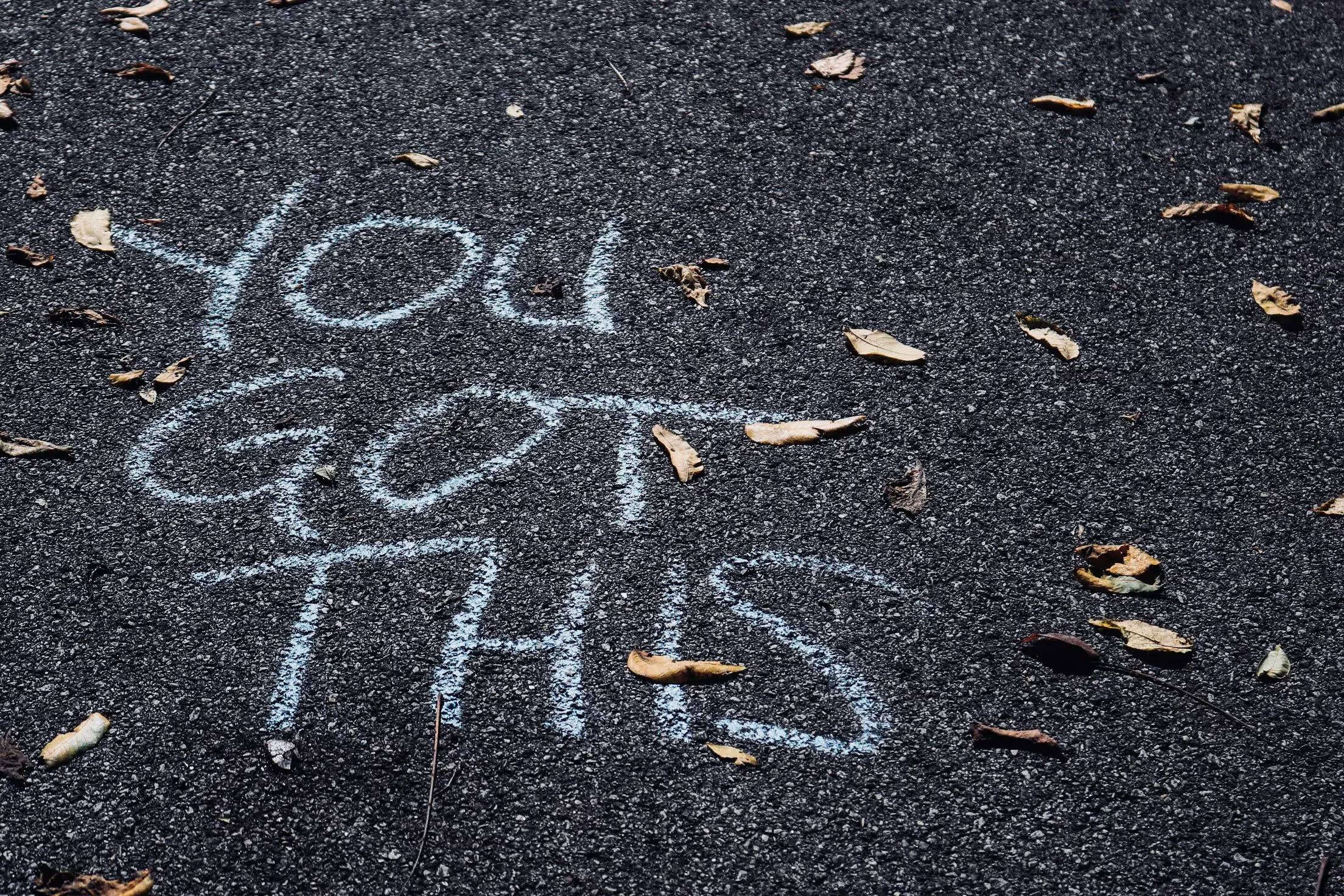Self-care is essential for supporting mental health and overall wellness. In this article, we'll discuss 10 self-care practices and discuss how to incorporate self-care activities into daily life to reduce stress, address burnout, and find a better overall mood. While many self-care practices can be incorporated into our lives, it is easy to neglect our emotional health when we feel overwhelmed or caught up in routines and bad moods.
If you have difficulty incorporating self care into your daily life, consider a self-care plan that will support you by helping you to stay on track. It might help to understand the psychological benefits and how simple routines can change how you engage with the world.
According to the National Institute of Mental Health (NIH), "Self care can play a role in maintaining your mental health and help support your treatment and recovery if you have a mental illness." Further, mental health and wellness means holistically caring for yourself, meaning addressing anxiety and depression, and finding more emotional, psychological, and social well-being.
The 10 Best Self-Care Practices
Self care is comprised of multiple dimensions. It is important to tailor these practices to suit your individual needs.
- Practice a guided meditation or mindfulness exercise. Sometimes to get out of our recurring thought loops and into a place in which we can self-nuture, we need to shift our awareness from the past and future to the present. Meditation and mindful exercises will bring you here, now, and it’s a beautiful place to be. You can even incorporate mindfulness as you eat or walk to reduce stress.
- Find an exercise routine that works for your lifestyle. Take care to consider your physical health status. Taking the stairs, incorporating aerobic activity, or walking daily can help your mood and improve your overall health. Incorporating yoga or other exercises that stretch the body can help to keep your joints and muscles mobile.
- Practice self care by nurturing your sleep habits. There are many tools, such as online sleep meditations and sleep stories that can help you unwind during the day. It can also be beneficial to unwind physically with yoga or a gentle movement practice such as Tai Chi or Qigong. A healthy and nourishing night of sleep can do wonders for setting the stage for overall wellness.
- Incorporate gratitude practices into your daily life. Gratitude practices can change our mindset by reminding us of what’s going well, which can be surprisingly easy to forget. Healthy emotions mean balanced emotions, so if you find yourself in an emotional rut, a simple list of things you are grateful for can shift that mindset. Loving-kindness meditation is a great way to find yourself in a more grateful and less stressed state of mind.
- Reconnect with loved ones as a way to practice self care. There is nothing better for a person overwhelmed by work or stress than spending time with loved ones. When we are around those we love, we often feel happiness without even trying to. This is the chemical release of oxytocin in our bloodstream, which boosts our ability to feel happy and reduce any negative emotions.
- Consider mindful journaling or mindful art, such as neurographic art to explore your thoughts on the page. When journaling, allow whatever comes up to flow naturally, and don’t try to control it. Compassion, after all, is the hallmark of mindfulness.
- Spend time reflecting in nature. Nature offers us special patterns known as fractals. Our brains are even made of fractal patterns. They help us to develop cognitively by stimulating the brain in interesting ways. Nature can provide us with calm and restoration.
- Engage your senses with self-care activities. This could mean you practice self care by listening to music that inspires you, taking a walk in nature and pausing to appreciate the views, enjoying a long bath, getting a massage, or savoring a good meal. The key is to approach these activities mindfully, rather than rushing through.
- Breathing exercises are an excellent part of your self-care routine. Here are a few different breathing exercises you can try right now. As you'll see, the breath can cause emotional shifts fast and address feelings of stress or burnout by getting you out of the head and into the body. Emotional self care, after all, often begins with bodily awareness and physical health. And breathing exercises feel good.
- Address burnout, stress, or depression by investing in yourself and a healthy state of mind. Sometimes emotional self-care means reaching out to a therapist or coach who can help you to get over the hump. Take care to assess your situation honestly as you begin to implement your self-care routine. The more allies you have, the better able you'll be to engage in these practices regularly.
Implementing Self-Care Practices into Your Life
Once you have identified a few practices that will work, realistically, in your own life, creating a self-care routine is the next step. I recommend sending yourself a calendar invite that says something like “me time” or “self-care hour” to make self care part of your routine. When crafting your self care plan, it's important to be realistic, so you do not get frustrated if you schedule too many activities. Remember that small, incremental changes can lead to drastic results.
In the self care time you allot, practice meditation, take a bath, go out in nature, journal or do art, relax with a book—do anything that feeds your soul and restores your energy. I recommend trying to implement one of the physical self-care practices at least three times a week when scheduling your activities. You can always look to your community for self care activities as well, such as a fundraiser event or local gym that offers wellness classes.
At the university, I took part in a walking challenge with other co-workers that was fun and helped me feel good during the sluggish part of the workday. It also held me accountable. If you can share self-care tips and start a self-care routine that engages people you see regularly, research proves your chances of sticking with the activities are higher.
If you find it hard to make time for yourself or to move into a more mindful place, you can begin your self-care time with a guided meditation or short breathing practice to help shift your mind state. Remember that you deserve good things, and not only that, you are better able to show up as your full self when you are not drained of energy.
Self care does not mean binging on chocolates and watching Netflix for four hours. Rather, true self care comprises healthy activities that make us feel good. It can be amazing what just small additions can do for our emotional well-being. Reach out to friends and family or co-workers and schedule self-care activities together. And above all, be compassionate with yourself as you build a new wellness routine. By doing so, you will enjoy the emotional shifts that will inevitably happen.
At Aura, 97% of people find more calm in just three days, which speaks to the power of meditation and mindful practices as a form of self-care and emotional well-being. If you’re looking for more guidance, community support, and resources to support anxious thoughts, join me at Aura, the most holistic meditation app on the market, for 30 days free.



.webp)







.avif)

%20(1).avif)


.avif)
.avif)
.webp)


.avif)


















































































































.avif)

















.svg)









